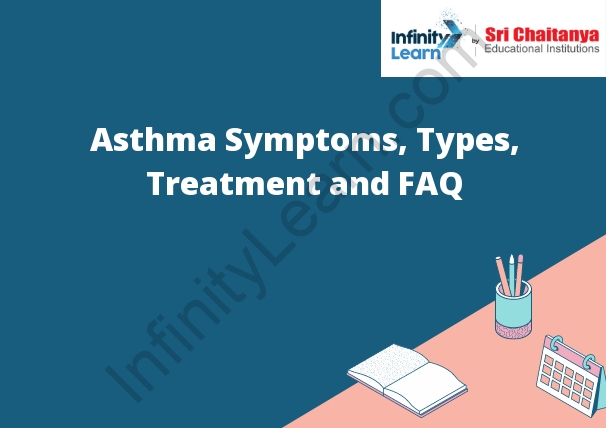Table of Contents
What is Asthma?
The respiratory disease asthma is a common chronic problem that affects people of all ages. It is a condition in which the airways of the lungs become inflamed and narrowed, making it difficult to breathe. The symptoms of asthma can vary from mild to life-threatening, and include coughing, wheezing, chest tightness, and shortness of breath.
There is no one cause of asthma, but it is believed to be the result of a combination of environmental and genetic factors. Exposure to cigarette smoke, air pollution, and other respiratory irritants can trigger asthma attacks, as can allergies to dust, mold, pet dander, and other allergens. Some people may also be born with a tendency to develop asthma.
There is no cure for asthma, but it can be managed with medication and lifestyle changes. It is important to see a doctor if you are experiencing symptoms of asthma, as proper diagnosis and treatment is essential for preventing attacks and preserving lung function.
Asthma Symptoms
Asthma is a respiratory disease that makes breathing difficult. Symptoms of asthma include wheezing, coughing, chest tightness, and shortness of breath. Asthma can be caused by environmental factors such as pollution, smoke, and dust, or by a person’s genes. Treatment for asthma includes using an inhaler to deliver medication to the lungs, and avoiding triggers that cause symptoms.

Asthma is a chronic lung disease that inflames and narrows the airways. Symptoms of asthma include coughing, wheezing, chest tightness, and shortness of breath. Asthma is most commonly diagnosed in childhood, but can occur at any age.
There is no cure for asthma, but there are many ways to manage the disease. Treatment for asthma includes using medications such as bronchodilators and steroids, as well as using inhalers and other devices to help open the airways.
People with asthma should avoid triggers that can worsen the disease, such as cigarette smoke, air pollution, and dust mites. They should also get regular exercise and see their doctor if they have any problems with their asthma.
Asthma is a chronic lung disease that inflames and narrows the airways. Symptoms of asthma include wheezing, coughing, chest tightness, and shortness of breath. Asthma is caused by environmental and genetic factors. The environmental factors include allergens, smoke, and air pollution. The genetic factors include a family history of asthma. Asthma can be controlled by avoiding triggers, taking asthma medications, and using an inhaler.
Asthma is a chronic lung disease that inflames and narrows the airways. The airways are the tubes that carry air in and out of the lungs. When the airways are inflamed, they produce mucus. This mucus can block the airways, which makes it difficult to breathe. The symptoms of asthma include wheezing, coughing, chest tightness, and shortness of breath.
Asthma is caused by environmental and genetic factors. The environmental factors include allergens, smoke, and air pollution. The genetic factors include a family history of asthma.
There is no cure for asthma, but it can be controlled by avoiding triggers, taking asthma medications, and using an inhaler. Triggers can include allergens, smoke, and air pollution. Medications can include bronchodilators, corticosteroids, and leukotriene modifiers. Inhalers can include short-acting beta agonists and long-acting beta agonists.





